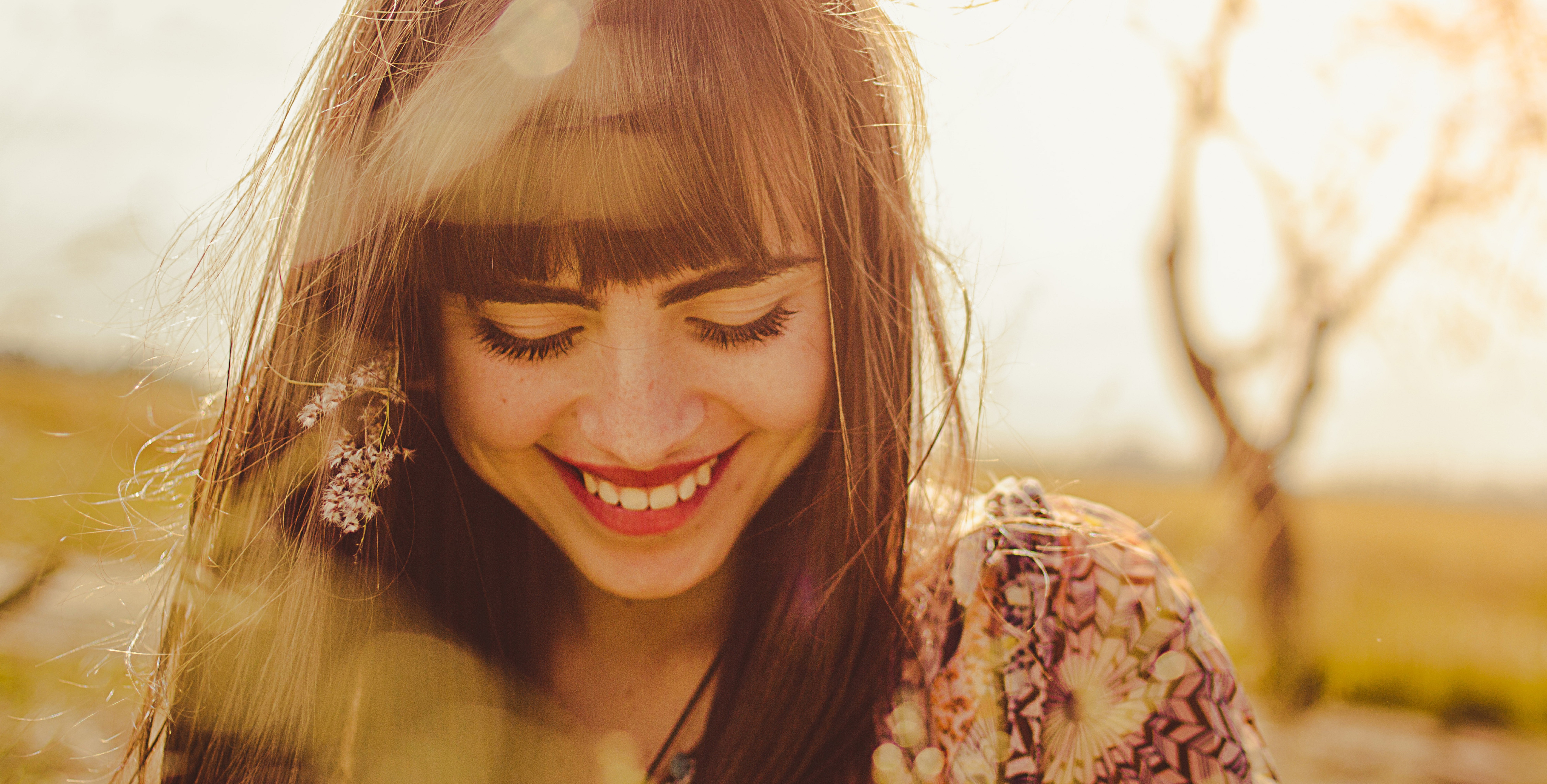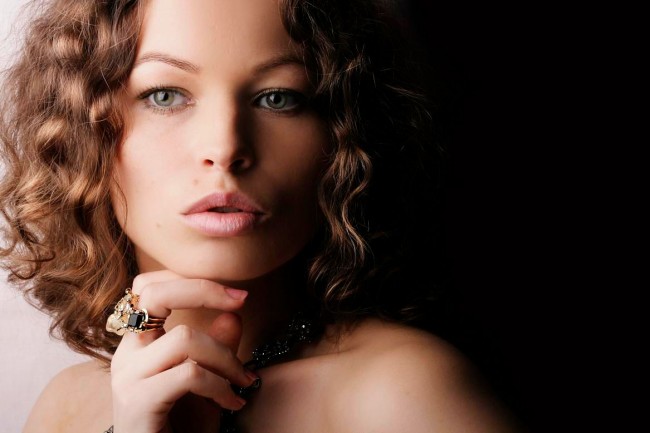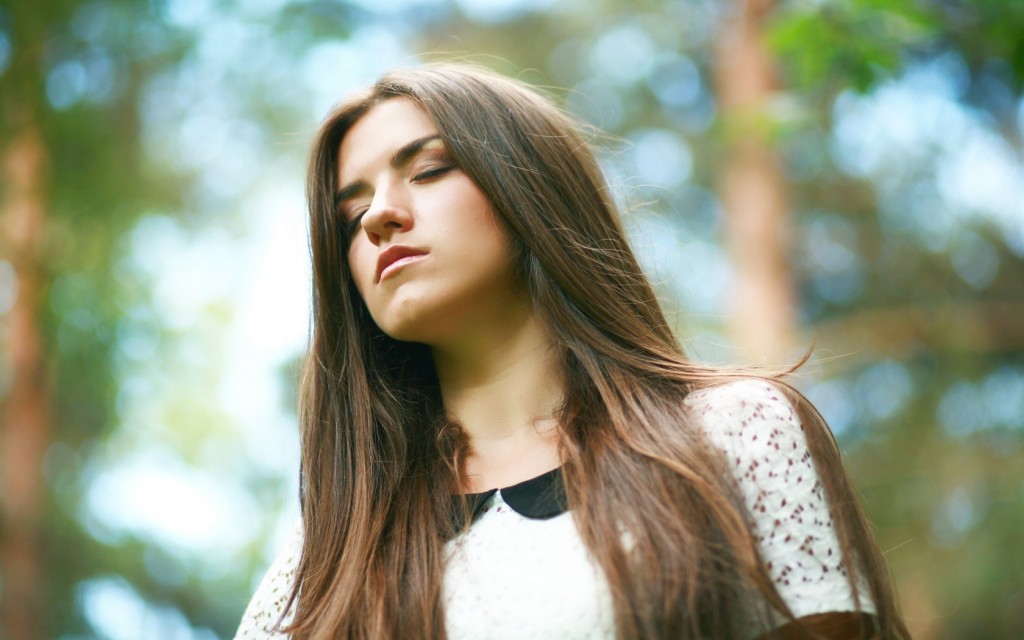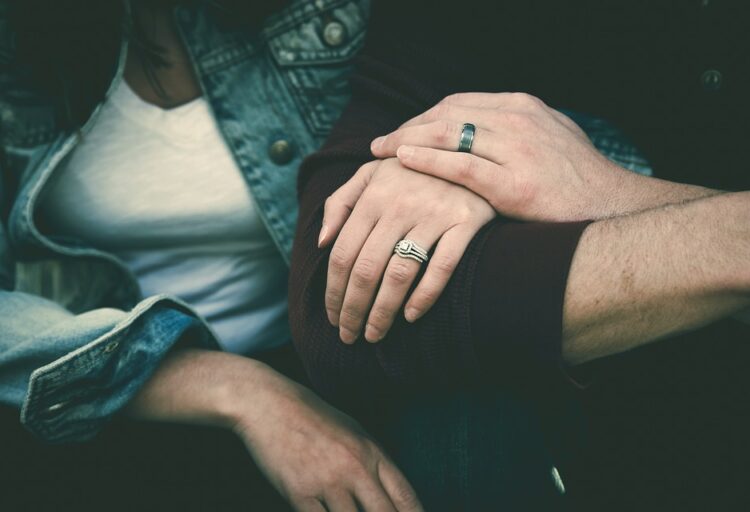Are you unhappy with the state of your hair? Don’t worry you’re not alone. Studies have recently revealed that for us ladies, one of our most common body-related worries is the health of our hair. Yep, that’s right, we’re not all blessed with beautifully long, thick locks. Just like we’re not all blessed with smooth, blemish-free skin.
The problem is, like with acne, unless you suffer from hair and scalp issues, you most probably won’t understand. You may not be able to notice the fact that our hair is incredibly thin, or that our scalps are red and sore, but we can, and it can really knock your confidence.
In the past, thanks to my eczema, I’ve suffered from a sore, itchy scalp. Luckily, it’s never been severe, but I have family members who have really suffered. I also have a mum who’s a professional hairdresser. So when it comes to hair and scalp issues, I’m well informed on the subject.
What are the best ways to deal with scalp and hair problems?
Trim your hair regularly
This might not help your scalp, but trimming your hair regularly helps each hair to be healthier. Hairs that split and dry out at the ends can become damage further up, eventually leading to the root dying. That’s why, if you want a full head of hair, having your ends cut every six to eight weeks is so important.
Work out the trigger
Whatever the problem is that you have with your hair, be it a red and sore scalp or too much hair falling out, there’s sure to be a trigger. Believe it or not, a lot of hair problems are caused by stress and can lead to all sorts of problems. One of the main causes of female baldness is alopecia, a stress-related condition that causes your hair to fall out.
Another common cause of problems are allergies and skin conditions. People who suffer from things like eczema and psoriasis are prone to scalp and hair problems. This is because if the skin becomes red and sore, it can lead to damaged hair follicles which can cause hair to fall out.
Use specialist shampoos and conditioners
While hair loss and scalp problems can be upsetting and can knock your confidence, there are plenty of treatments available. What you need to do is work out what’s causing the problem that you have and then you can find a suitable treatment. Most hairdressers can help with this as they know the signs and symptoms of various conditions.
If your hair is falling out, the best place to start is often with your scalp. The good news is that there are lots of scalp irritation treatments available, to help you treat the problem. Don’t just buy any old treatment, have a look online for ones developed at specialist clinics. If you’re unsure what’s best to use, ask your hairdresser for advice. Whenever my scalp is sore and itchy, thanks to my eczema, I use a specialist shampoo.
Take hair vitamins
Have you ever thought about taking hair vitamins? Recently, thanks to the Kardashian’s, hair vitamins have become the new in-thing. A great way to give your hair a health boost is by taking specialist hair vitamins. These help to increase hair growth, as well as overall hair and scalp health. I’ve never tried hair vitamins, but I’m hoping to give them a go soon.
So there you have it, the best ways to deal with scalp and hair problems, and how to achieve a healthier head of hair. Remember, just like skin all hair is different, so when it comes to finding what works for you, it may be a case of trial and error.








Leave a Reply